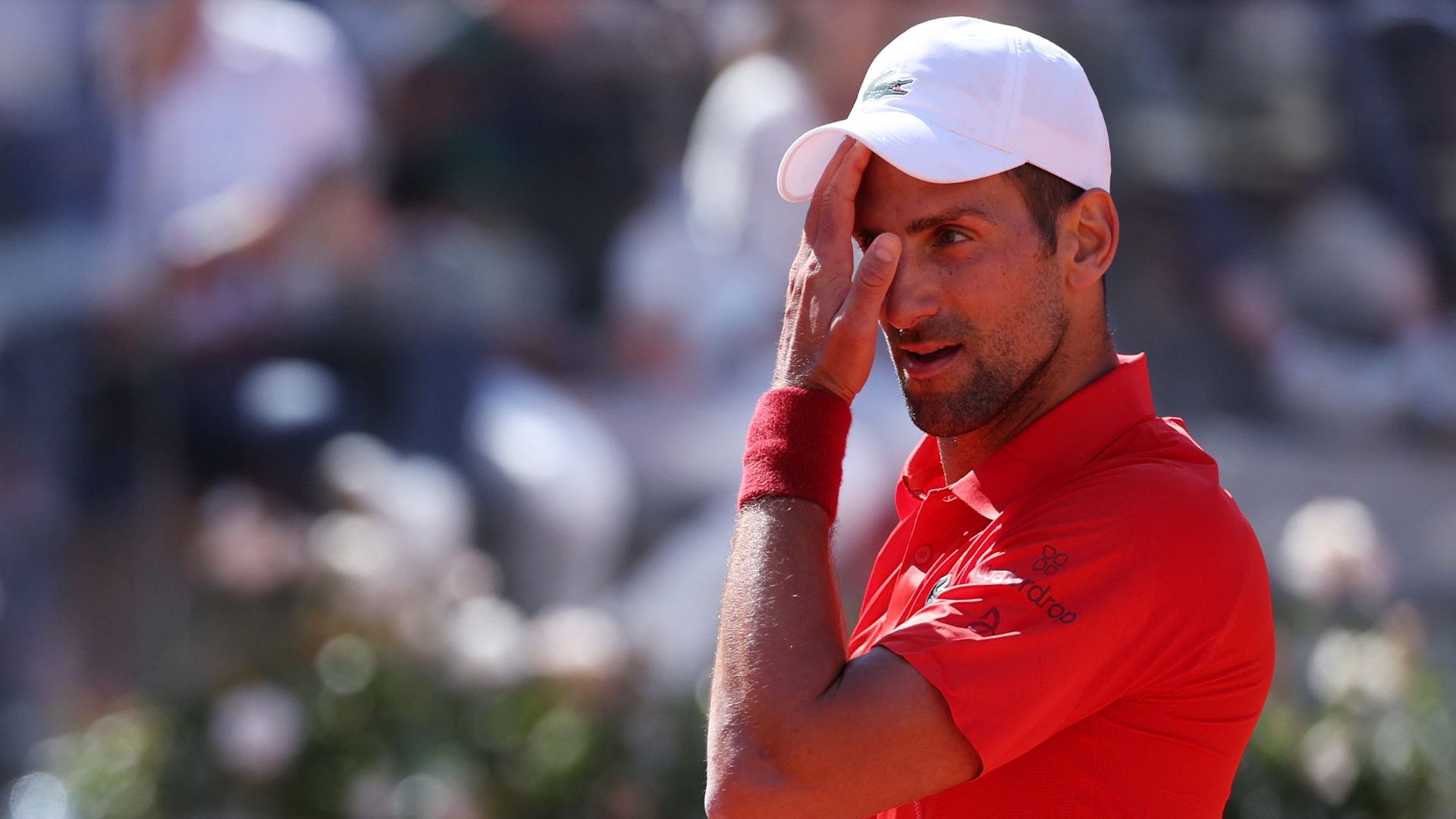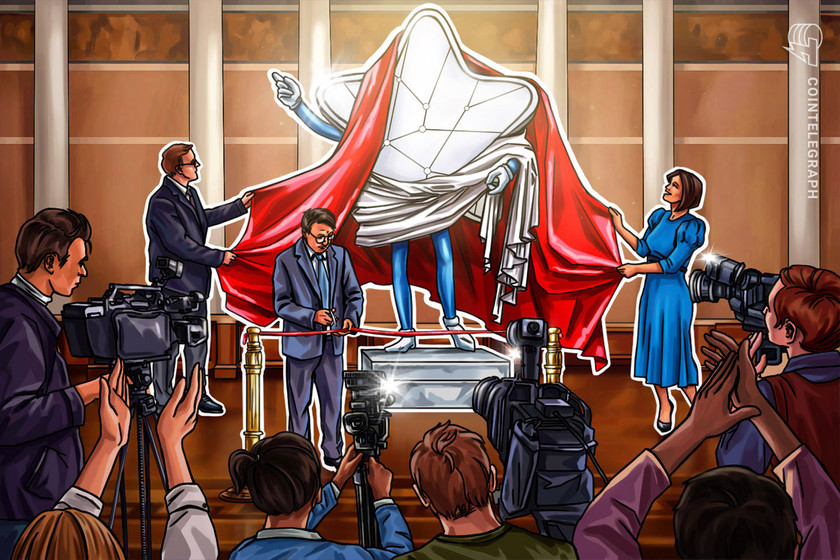Planet Earth is on “the highway to climate hell with our foot still on the accelerator”, the United Nations chief has told world leaders as they gather for annual talks, following a year of violent effects of climate change.
“We are in the fight of our lives – and we are losing,” UN Secretary-General Antonio Guterres said, as the COP27 summit kicked off in Egypt.
In the year since the COP26 in Glasgow, catastrophic flooding has killed more than 1,700 people in Pakistan and uprooted 1.3 million from their homes in Nigeria.
Drought has withered crops in Europe, left millions facing starvation in Africa, and killed off fish from California to France to China. Emissions and global temperatures are still rising.
“Humanity has a choice: cooperate or perish,” Mr Guterres told a room packed with heads of state, including Europe’s Ursula von der Leyen, France’s Emmanuel Macron and Colombia’s Gustavo Francisco.
They have gathered in Sharm el-Sheikh to inject momentum into the two-week talks, where almost 200 countries hope to agree the collective next steps to slow climate breakdown.
Failing to work together will amount to a “collective suicide pact”, Mr Guterres warned.
Scotland to pledge ‘unparalleled’ funding towards irreparable loss and damage from climate change, Nicola Sturgeon says
COP27: Alok Sharma says countries must deliver on their climate change promises
COP27: ‘Historic’ moment as climate compensation to be discussed at UN talks for first time
But that is no easy task for these negotiations, which come amid fierce geopolitical tensions sparked by Russia’s invasion of Ukraine, and subsequent food, energy and cost of living crises, and arguments over who should pay for the increasingly damaging impacts of climate change.
The conflict and soaring energy prices are “not a reason to go slow on climate change, they are a reason to act faster,” UK Prime Minister Rishi Sunak said. “Climate security goes hand in hand with energy security.”
Investing in renewables is “precisely the way to insure ourselves against the risks of energy dependency,” Mr Sunak added. But he has been criticised for blocking new onshore wind and solar in the UK, and for only reluctantly turning up at the talks after intense pressure, and after former PM Boris Johnson said he would attend.
While the PM publicly thanked Egyptian president Abdel Fattah el Sisi for his “leadership” at the talks, privately he is pressing the Egyptian leader to release imprisoned British-Egyptian political activist Alaa Abd el Fattah.
Campaigners fear Egypt’s prestigious role as host of talks will allow it to whitewash its human rights record. The regime has locked up tens of thousands of government critics, according to Human Rights Watch, and kept the customary protest at the talks at arms length.
President Sisi was one of many to urge an end to the war in Ukraine. “This war must stop,” he said in an emotive plea, adding that not just Egypt but likely the “entire world” was suffering as a result.
On the lips of many were demands for a windfall tax on the eye-watering profits fossil fuel companies have made from soaring energy prices.
“How do companies make $200bn in profits in the last three months and not expect to contribute at least 10
cents in every dollar of profit to a loss and damage fund,” Barbados prime minister Mia Mottley asked.
So too were accusations the annual COP talks fail to produce change anything like the scale and pace needed, as climate change cruelly strikes hardest in the most vulnerable and often least polluting countries.
President of Kenya William Ruto said the “lengthy discussions at COPs with its stalling, delaying tactics and procrastination, that have hampered… delivery is simply cruel and unjust”.
“We cannot afford to spend more time skirting around the real issues… in the face of impending catastrophe, whose warning signs are already unbearably disastrous,” he said.
But the talks have offered some rays of hope. For the first time the concept of paying countries for the irreversible losses and damages inflicted by climate change – like the loss of lives, collapse of jobs and sinking of islands – made it onto the agenda – though only after a fraught 40-hour battle before talks began.
And earlier Sky News revealed the Scottish government is pledging more money for such causes, helping to break the taboo around the idea.
Watch the Daily Climate Show at 3.30pm Monday to Friday, and The Climate Show with Tom Heap on Saturday and Sunday at 3.30pm and 7.30pm.
All on Sky News, on the Sky News website and app, on YouTube and Twitter.
The show investigates how global warming is changing our landscape and highlights solutions to the crisis.






